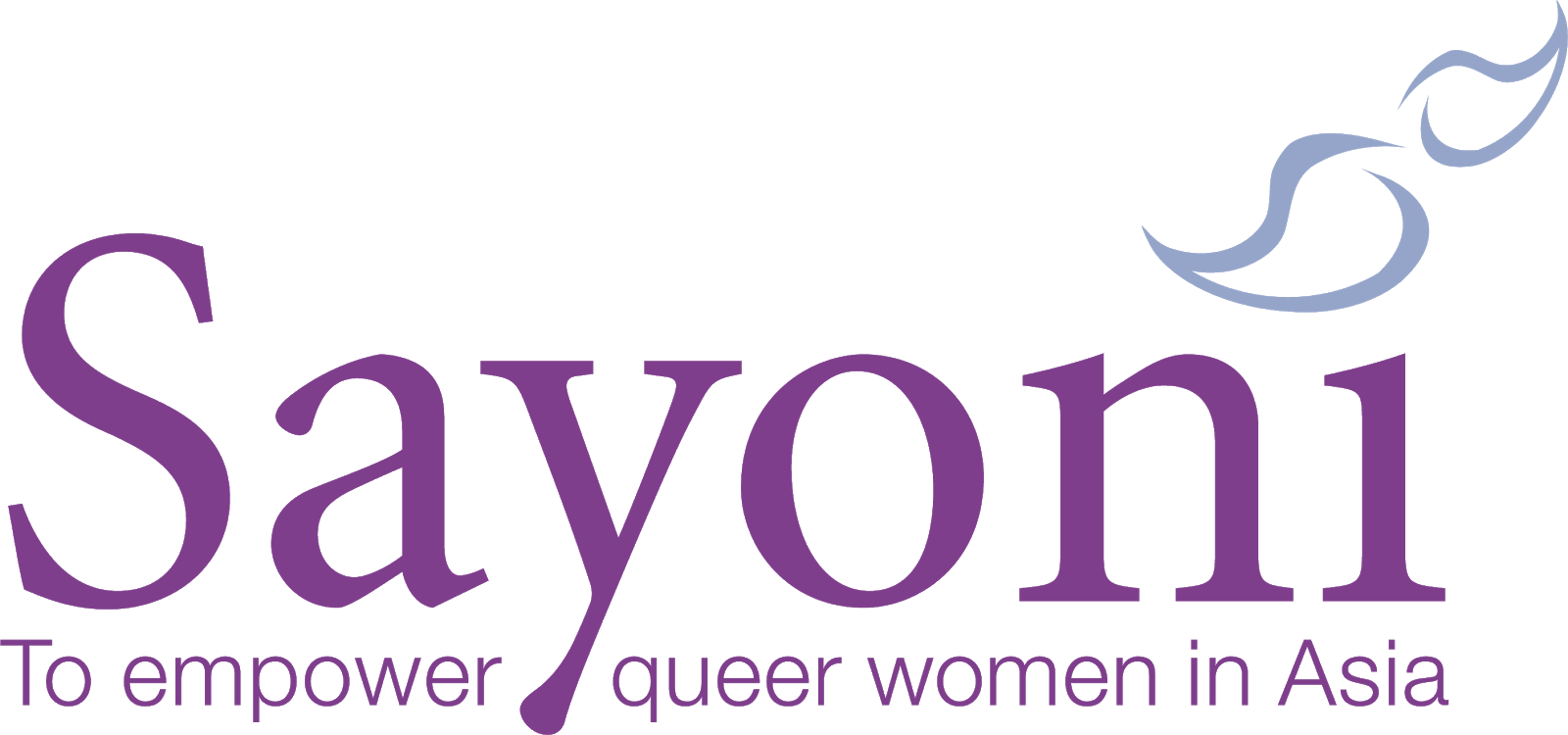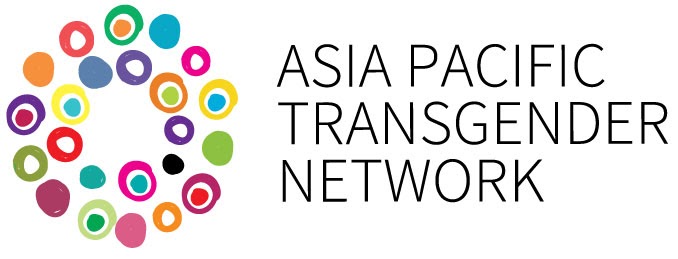Universal Periodic Review: A Joint Report on Transgender Issues
PRESS RELEASE
Singapore, 22 October 2020 – TransgenderSG and Sayoni have collaborated with the Asia Pacific Transgender Network (APTN) to submit a joint stakeholder report to the United Nations, in preparation for Singapore’s third Universal Periodic Review (UPR) in 2021.
The UPR consists of an interactive dialogue between the Human Rights Council and member states about steps taken to advance human rights in their respective societies. Civil society organisations are welcome to submit their own information on relevant human rights issues; this information can be referenced by any of the states taking part in the review.
In previous UPR cycles, Singapore received recommendations to decriminalise sex between men, eliminate media censorship of positive or neutral LGBTI content, and protect LGBTI Singaporeans from discrimination. These recommendations were all noted by the Singaporean government with no steps taken towards implementation.
This joint submission by TransgenderSG, Sayoni and APTN is the first civil society report from Singapore to focus exclusively on transgender issues. The report references data from the first nationwide survey of Singapore’s transgender community, conducted by TransgenderSG, and a research study conducted by Sayoni, and addresses the following key areas of concern:
- The difficult process of legal gender recognition (LGR), including the prohibitive cost of required genital surgeries that can go up to SGD$150k for transgender men; such surgeries being unavailable in Singapore; requiring an invasive genital examination for surgical confirmation; the significant medical risks of surgery; the lack of MediSave or insurance coverage; and the violation of bodily autonomy in pressuring transgender Singaporeans to undergo major surgeries they may not want, need or be able to afford at the time. Transgender persons with incongruent legal gender documentation face heightened vulnerability to harassment, discrimination and violence. Lack of LGR is associated with negative mental health outcomes. Only 9.7% of surveyed transgender Singaporeans had managed to change their legal sex, including 53.8% of those who had transitioned more than 10 years ago.
- Discrimination, abuse, and restrictions facing transgender students. 77.6% of openly transgender students in TransgenderSG’s survey reported negative experiences in school ranging from bullying to sexual abuse. Less than a third agreed or strongly agreed that they felt safe at school, and only 24% said they had a staff member they could go to for support. School administrators have implemented unreasonable demands that pressure even high-performing transgender students to drop out of school, or sought to prevent them from transitioning or pursuing HRT, sometimes by contacting their healthcare providers without the student’s or their parents’ knowledge or consent.
- Discrimination against transgender persons in the employment sector. A joint research study by APTN and Curtin University found that transgender job candidates in Singapore faced the worst discrimination compared to Malaysia, Thailand, and Vietnam. TransgenderSG’s survey revealed an unemployment rate of 23.5% among transgender people not presently studying, including 14.3% of university graduates. The overall unemployment rate in Singapore was 2.9% over the same period. This affects transgender persons’ abilities not just to provide for themselves but to financially support their parents and other family. It is also a mismanagement of resources for a segment of highly educated Singaporeans to be persistently unemployed or underemployed.
- Discrimination and harassment in healthcare settings that discourage transgender persons from seeking necessary general healthcare, particularly in areas of sexual and reproductive health; and limited access to transgender healthcare, including restrictions for those under 21 that have driven transgender youths to dangerous and unregulated avenues to obtain the hormones and surgeries necessary for their well-being.
- Access to marriage, decent housing and shelter. Transgender Singaporeans who have transitioned but are unable to change their legal sex end up in a legal limbo where they are unable to marry anyone of any sex. This and restrictions against same-sex marriage lock the majority of trans people out of public HDB housing before the age of 35, and force many in abusive home environments to either tolerate domestic violence or become homeless due to a lack of alternative housing options. To date, only one homeless shelter openly accepts transgender residents.
- Violence against transgender or gender non-conforming adults, youths and children including physical, emotional and sexual violence from family members, the public or officials; immunity for actors promoting and practising “conversion therapies” known to lead to lasting psychological harm; and barriers to reporting and gaps in service provision for victims of such violence to seek relief or redress.
The submission also proposes key legislative, policy, and programmatic actions to ensure that the human rights, safety and dignity of transgender people in Singapore are upheld by both state and non-state actors.
“This joint report on transgender rights is the most important document ever produced to understand the impact of violence and discrimination against transgender persons in Singapore,“ said Jean Chong of Sayoni. “While state and non state actors have sometimes paid lip service to the inclusion of trans persons, it is nonetheless difficult to square this with the systemic failure in their policies which leads to the lack of protection for transgender persons. Singapore is a member of the United Nations, and in the Article 1 of the Universal Declaration of Human Rights, it states simply and clearly that, “All human beings are born free and equal in dignity and rights.” Trans rights are human rights. Nothing more and nothing less.”
“For a long time, the challenges and struggles facing the transgender community in Singapore have long gone unheard,” said a spokesperson for Transgender SG. “With this report, we want to shed some light on these issues and how even small policy actions can go a long way in enabling trans people here to live safe, fulfilling lives that will benefit not just them but the rest of Singapore.”
Through this joint submission, the coalition hopes to bring greater attention to the multifaceted discriminations experienced by transgender residents of Singapore, and urges the government to take concrete measures to respect, protect and fulfill its human rights obligations towards trans persons.
Contributing signatories
Transgender SG

Email: contacttransgendersg@gmail.com
Website: https://transgendersg.com/
TransgenderSG maintains an online information hub for the transgender community in Singapore and engages in advocacy work on the national level.
Sayoni

Email: admin@sayoni.com
Website: www.sayoni.com
Sayoni is a Singapore-based, feminist, volunteer-run organisation that works to uphold human rights protections for queer women, including lesbian, bisexual and transgender women. Sayoni organises and advocates for equality in well-being and dignity regardless of sexual orientation, gender identity/expression and sex characteristics.
Asia Pacific Transgender Network

Email: samreen.s@weareaptn.org
Website: www.weareaptn.org
The Asia Pacific Transgender Network (APTN) is a trans-led organisation that engages with a range of partners across Asia and the Pacific to support, organise, and advocate for fundamental human rights including gender identity; access to justice and legal protections; and comprehensive gender-affirming healthcare and policies.
For more information, please contact contacttransgendersg@gmail.com
